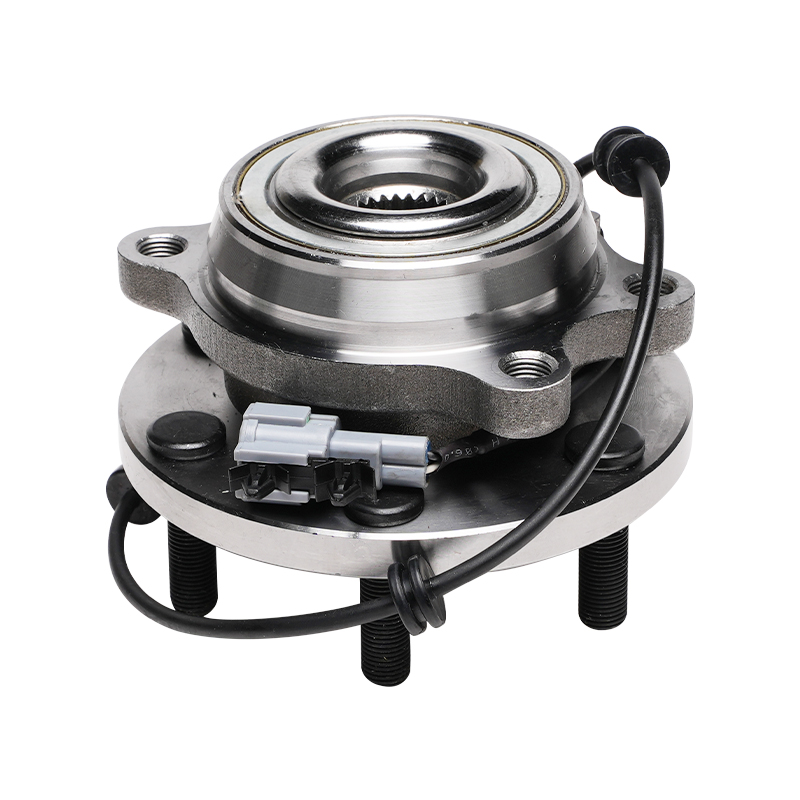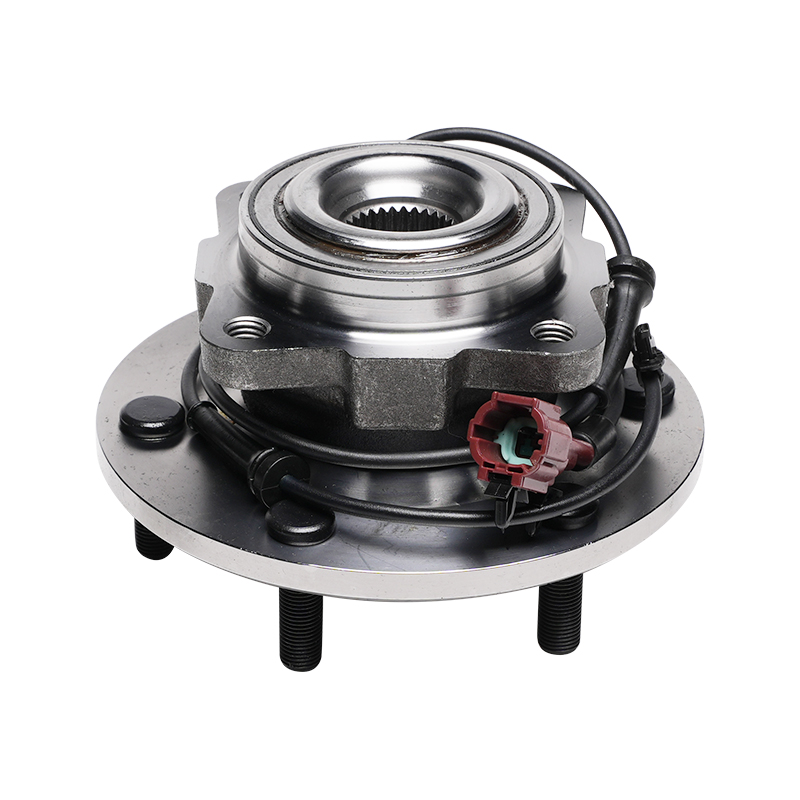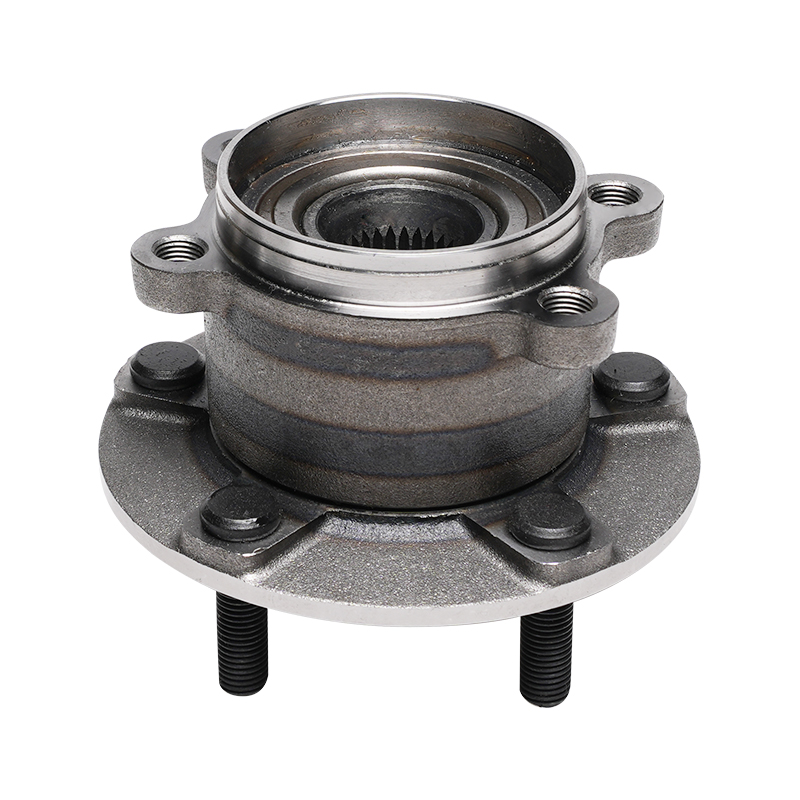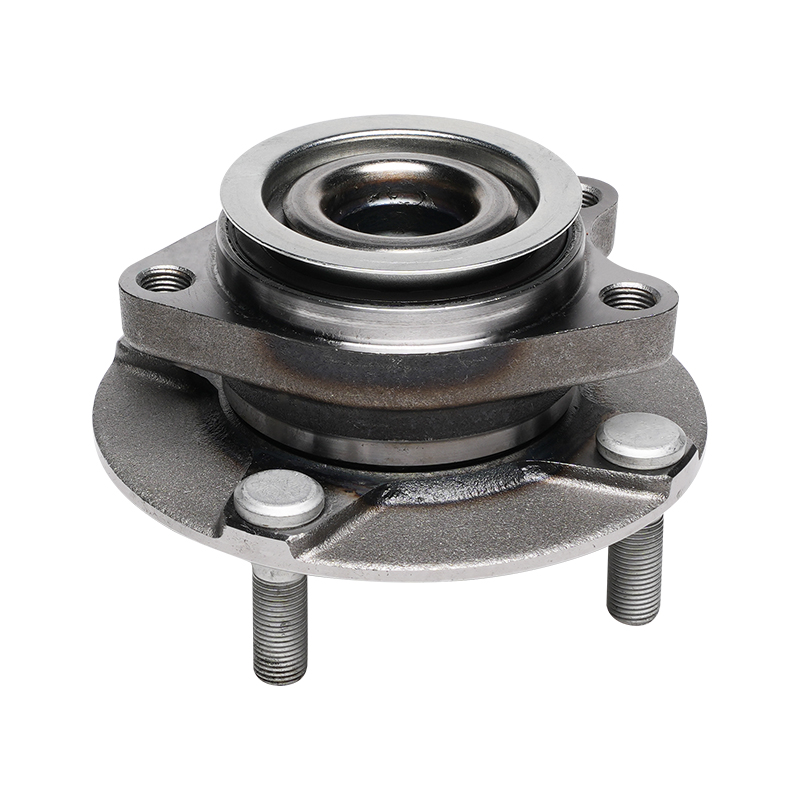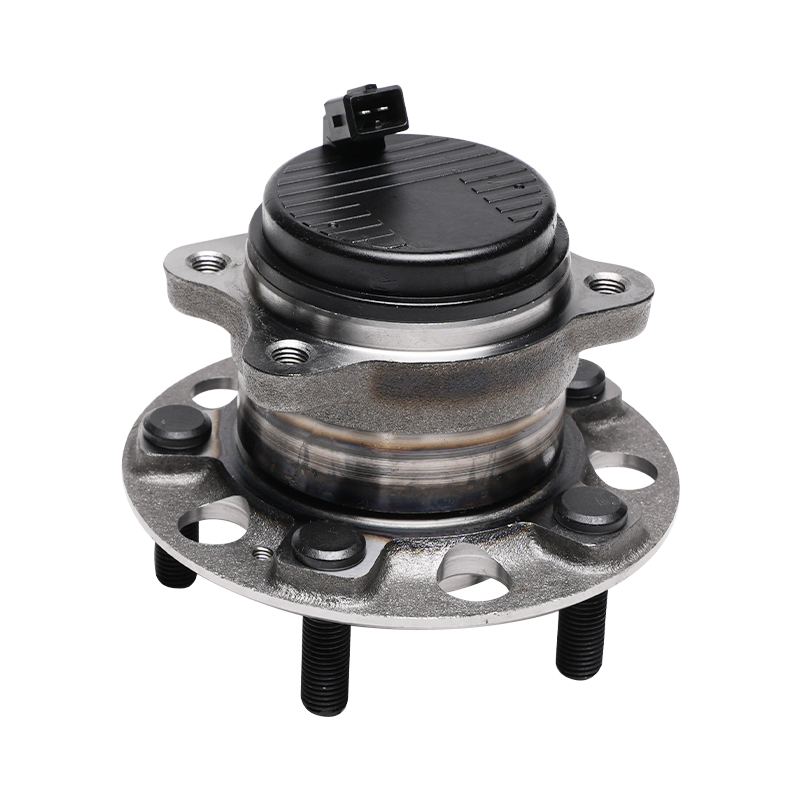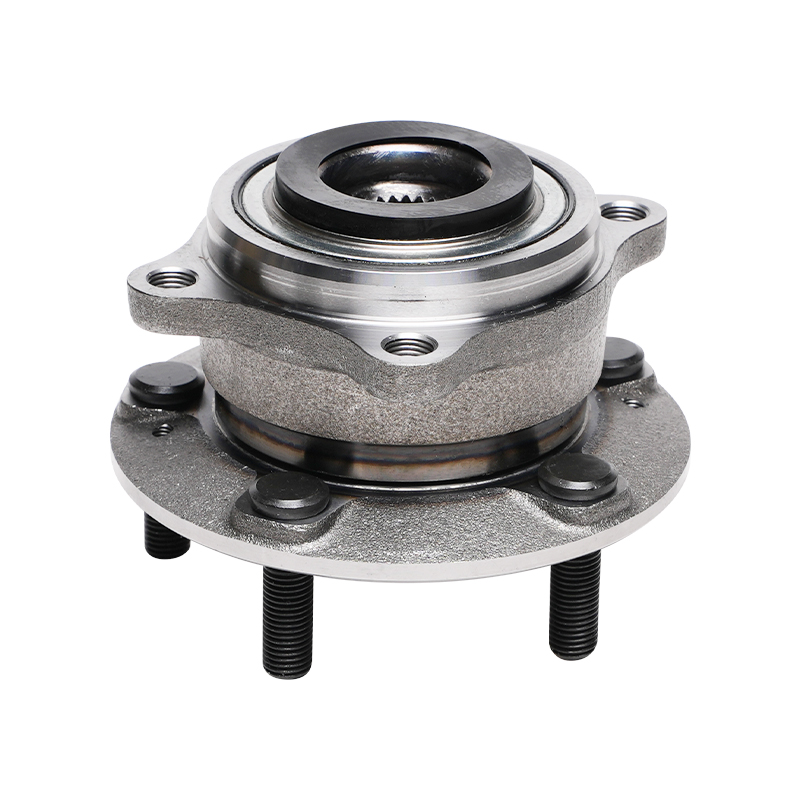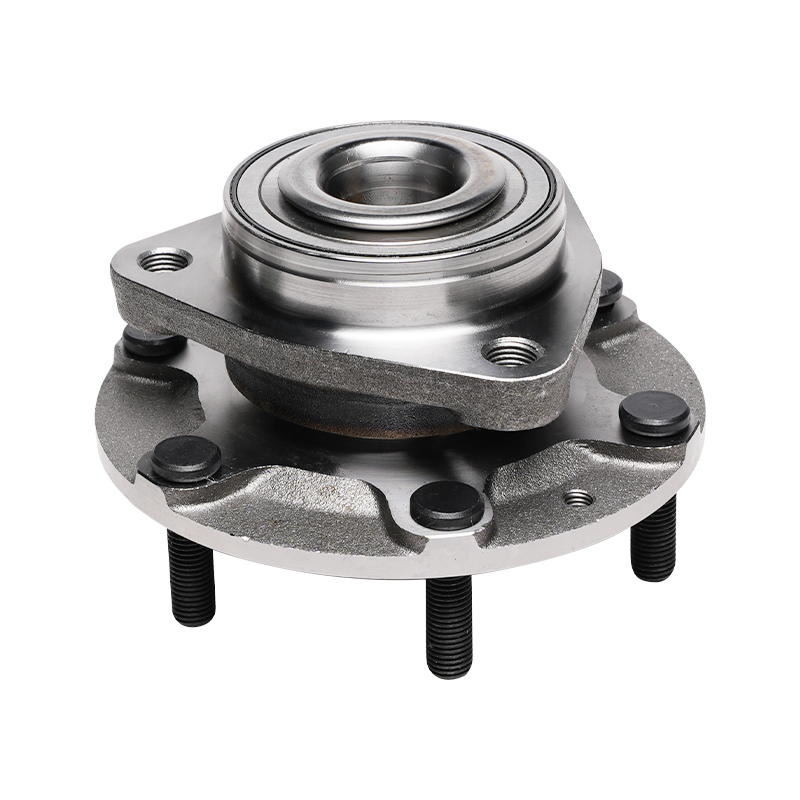Request for a call today
Japanese Cars Wheel Hub Bearing: Combination of Quality and Technology
 2025.04.22
2025.04.22
 Industry News
Industry News
In the automotive industry, wheel hub bearings are key components that connect tires to the body of the vehicle. Their performance directly affects the driving safety, stability and comfort of the vehicle. Japanese cars, with their exquisite manufacturing technology, excellent quality control and continuous technological innovation, have occupied an important position in the global automotive market. And Japanese Cars Wheel Hub Bearing is a model of the combination of technology and quality.
Japanese Cars Wheel Hub Bearing has significant advantages in technology. They use advanced materials and manufacturing processes to ensure the high strength, high wear resistance and long life of the bearings. For example, many Japanese car wheel hub bearings use high-purity special bearing steel to manufacture the inner ring, outer ring and steel ball. This material not only has extremely high strength, but also can effectively resist wear and corrosion, ensuring the stable performance of the bearing in harsh environments.
Japanese Cars Wheel Hub Bearing is also very particular about structural design. They mostly use double-row angular contact ball bearing structure, which can withstand both large radial loads (such as vehicle weight) and axial loads (such as lateral force of tires when turning). At the same time, the double-row angular contact ball bearing also has a double-half inner ring structure, which is easy to assemble and ensures axial clearance, thereby improving the assembly accuracy and performance of the bearing.
Japanese Cars Wheel Hub Bearing also pays attention to the design of sealing performance. They adopt a composite sealing structure, combined with high-quality nitrile rubber and SPCC skeleton, which effectively prevents external water, dust and other impurities from entering the bearing, ensuring the lubrication effect and service life of the bearing. This sealing design also allows the bearing to maintain long-term working performance without maintenance.
Japanese Cars Wheel Hub Bearing has been widely used in the global automotive market due to its excellent performance and quality. Especially in the field of sedans, Japanese car hub bearings have almost become standard. Many well-known Japanese car brands, such as Toyota, Honda, Nissan, etc., use wheel hub bearings produced by themselves or cooperative manufacturers to ensure the overall performance and reliability of the vehicle.
In the field of trucks, Japanese Cars Wheel Hub Bearing has also gradually shown its advantages. With the continuous advancement of automobile technology and the improvement of trucks' requirements for bearing performance, Japanese car hub bearings are gradually expanding their market share with their high load capacity, long life and maintenance-free characteristics.
Although Japanese Cars Wheel Hub Bearing has excellent performance and quality, proper maintenance and care are still the key to ensure its long-term use. Car owners should regularly check the working condition of the wheel hub bearings and pay attention to whether there are abnormal noises, vibrations or jamming. Once abnormalities are found, they should be promptly inspected and repaired at a professional repair shop.
When replacing wheel hub bearings, bearings of the same specifications and models as the original car should be selected, and cleanliness and precision should be ensured during installation. Use special tools for installation to avoid damage to the bearings. At the same time, for sealed bearings, grease is usually not required throughout the life cycle; while for unsealed bearings, such as double-row tapered roller bearings, grease must be added during installation, and the amount of grease must be appropriate.
Car owners should also pay attention to avoid driving for a long time under bad road conditions to reduce wear and impact on the wheel hub bearings. At the same time, avoid overloading and overspeeding to extend the service life of the bearings.

